
Post by : Vansh Kumar
In every corner of the world, sports serve as a universal language that transcends borders, cultures, and languages. The roar of the crowd, the triumph of victory, and even the heartbreak of defeat bring people together in ways few other experiences can. From the grand stage of the Olympics to the intensity of the FIFA World Cup, global sports have become more than just games—they are platforms for unity, cultural exchange, and international cooperation.
Unlike spoken languages that often create barriers, sports diplomacy enables communication without words. A football match in Brazil, a cricket game in India, or a basketball tournament in the United States evokes the same emotions for both players and spectators worldwide. Whether fans are waving flags or athletes are shaking hands before a match, these shared experiences foster understanding between nations and individuals alike.
The beauty of sports lies in its ability to cut across age, religion, and geography. Children learning to kick a ball in Africa and teenagers shooting hoops in Asia are engaging in the same rituals of play, symbolizing the global thread that binds humanity together.
Beyond competition, international tournaments create opportunities for cultural interaction. When countries come together to participate in global events, they bring their traditions, languages, and values with them. The Olympic Games, for instance, showcase not just athletic excellence but also a celebration of diversity, where athletes proudly display their heritage while respecting others’.
The FIFA World Cup, often described as the planet’s most-watched sporting event, illustrates how international sports become a cultural festival. From fans draped in their nation’s colors to the sharing of food, dance, and music, the tournament is more than about goals—it’s about cultural exchange and friendship.
Throughout history, sports have been used as a bridge for peace in times of conflict. The famous "ping-pong diplomacy" between the United States and China in the 1970s opened the door for improved diplomatic relations. Similarly, joint Korean teams competing in international competitions have symbolized unity despite political divides.
Sports offer a neutral platform where differences can be set aside in favor of collaboration. Athletes competing side by side represent the possibility of peace and cooperation, proving that shared passions can overcome political and cultural tensions.
For many countries, victories on the global stage inspire national pride and identity. A gold medal at the Olympics or a World Cup trophy often becomes a symbol of resilience, determination, and collective achievement. These victories are celebrated far beyond stadiums, uniting citizens in joy and giving them a sense of belonging.
Yet, while national pride is powerful, the shared love of sports also fosters global unity. Fans from rival nations often find themselves cheering together for extraordinary performances, regardless of the flag an athlete represents. This duality—supporting one’s country while celebrating international excellence—captures the true spirit of global sports.
Global sports also carry significant economic and social impacts. Hosting international tournaments boosts tourism, generates employment, and promotes cultural visibility. Cities like Barcelona, which hosted the 1992 Olympics, or South Africa, the host of the 2010 FIFA World Cup, experienced global recognition and long-term benefits from these mega-events.
Moreover, sports initiatives contribute to social development. Programs that use sports to engage underprivileged youth help build confidence, discipline, and teamwork. Organizations like the United Nations recognize the power of sports in advancing social causes, from gender equality to health awareness.
In today’s digital age, technology has amplified the influence of global sports. Social media allows fans to connect with athletes and fellow supporters across continents, while live-streaming ensures that no corner of the world misses out on major tournaments.
Technology has also improved training methods, enabling athletes to reach new heights of performance. From virtual reality to AI-powered analysis, innovation is shaping the future of sports and ensuring that it continues to unite nations on an even larger scale.
While global sports bring immense benefits, they also face challenges such as corruption, commercialization, and inequality. The focus on profits sometimes overshadows the true spirit of competition. Additionally, not all nations have equal access to resources, making it difficult for smaller countries to compete on a level playing field.
Addressing these challenges requires a commitment to fairness, inclusivity, and ethics. By ensuring equal opportunities and safeguarding the integrity of sports, the world can preserve the unifying power of athletic competition.
The future of global sports looks promising, with greater inclusivity and sustainability at its core. Initiatives to empower women in sports, promote environmental responsibility at large events, and increase accessibility for people with disabilities are shaping a more inclusive sports culture.
As more nations participate in international competitions and as technology continues to bring fans together, sports will remain a cornerstone of unity and celebration. The shared pursuit of excellence, whether on the track, the field, or the court, will keep inspiring generations to come.
The information provided in this article is intended for general awareness and educational purposes only. While every effort has been made to ensure accuracy, readers are encouraged to verify details independently before drawing conclusions or making decisions. GCC news does not take responsibility for any direct or indirect consequences resulting from the use of the content herein.
#trending #latest #ChasingGlory #GlobalSports #UnityThroughSports #CulturalConnection #SportsForPeace #WorldwideAthletics #SportsUniteNations #GlobalTeamwork #BeyondBoundaries #InternationalSports #GCCNews #GCCUpdates #GCCTech #GCCInnovation #ArabWorldNews #GCCTrends #DigitalGCC #GCCBusiness #GCCFuture #GCCTechnology #GCCInsights


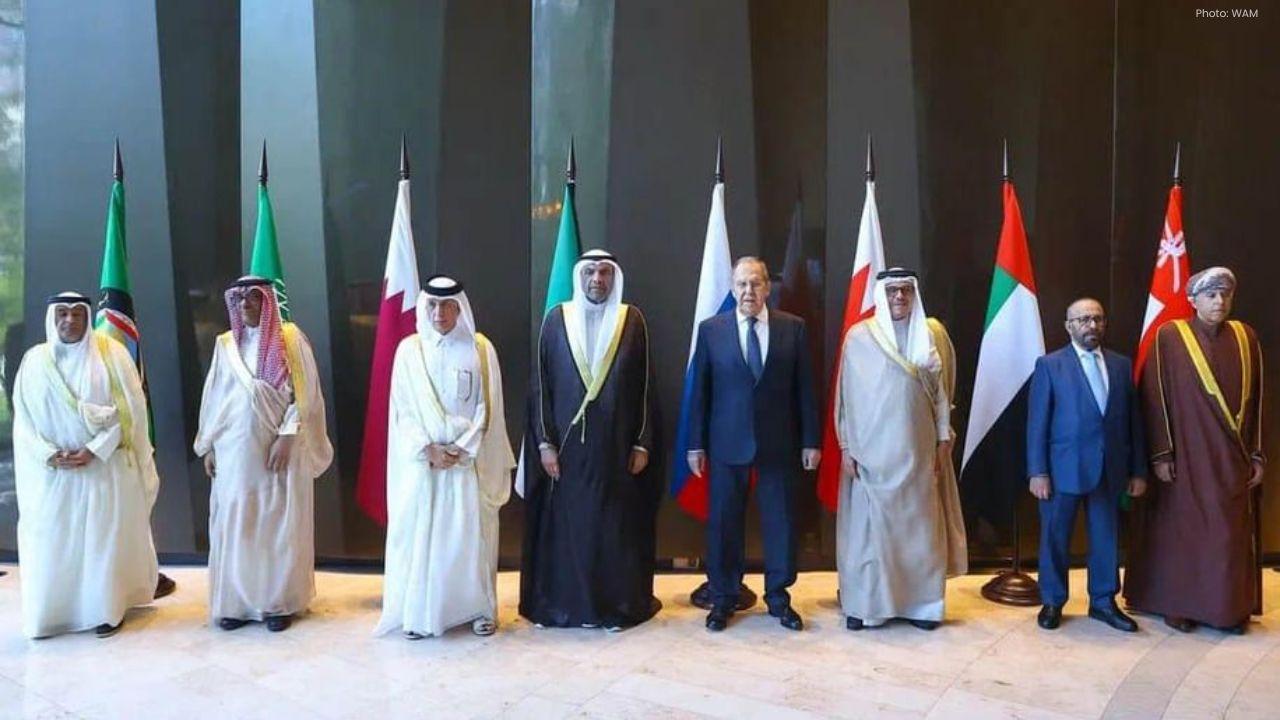
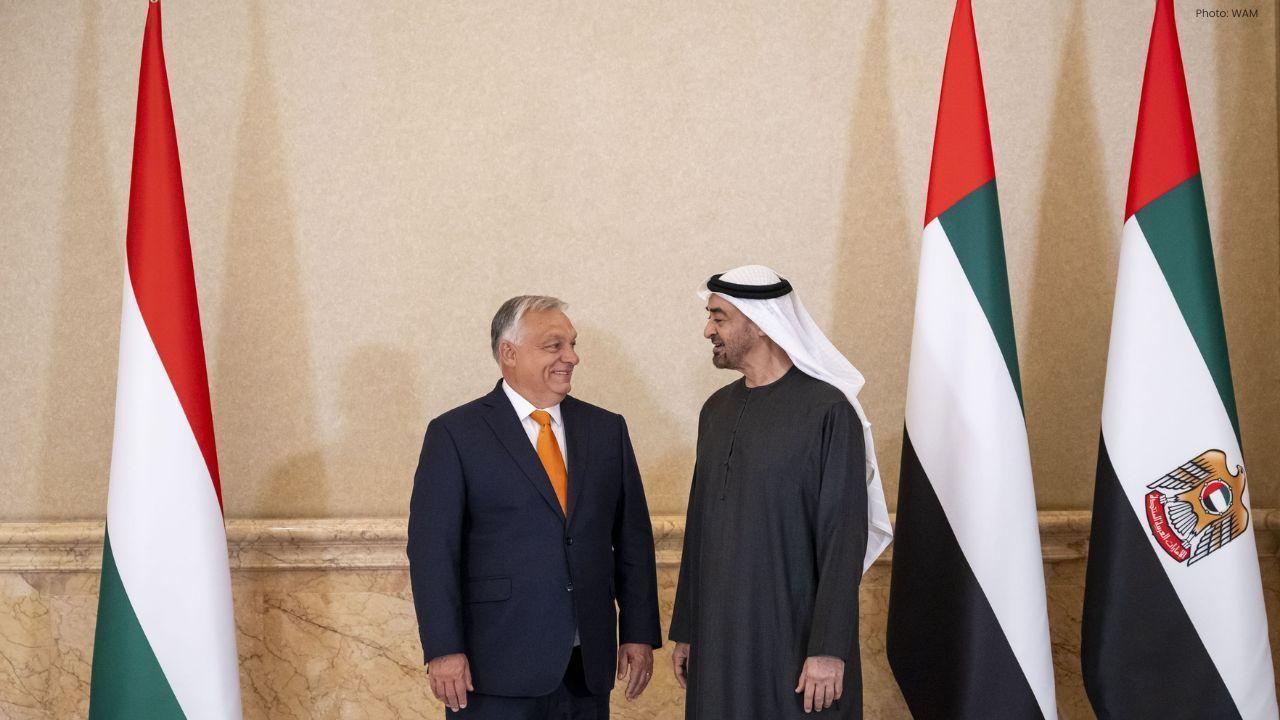
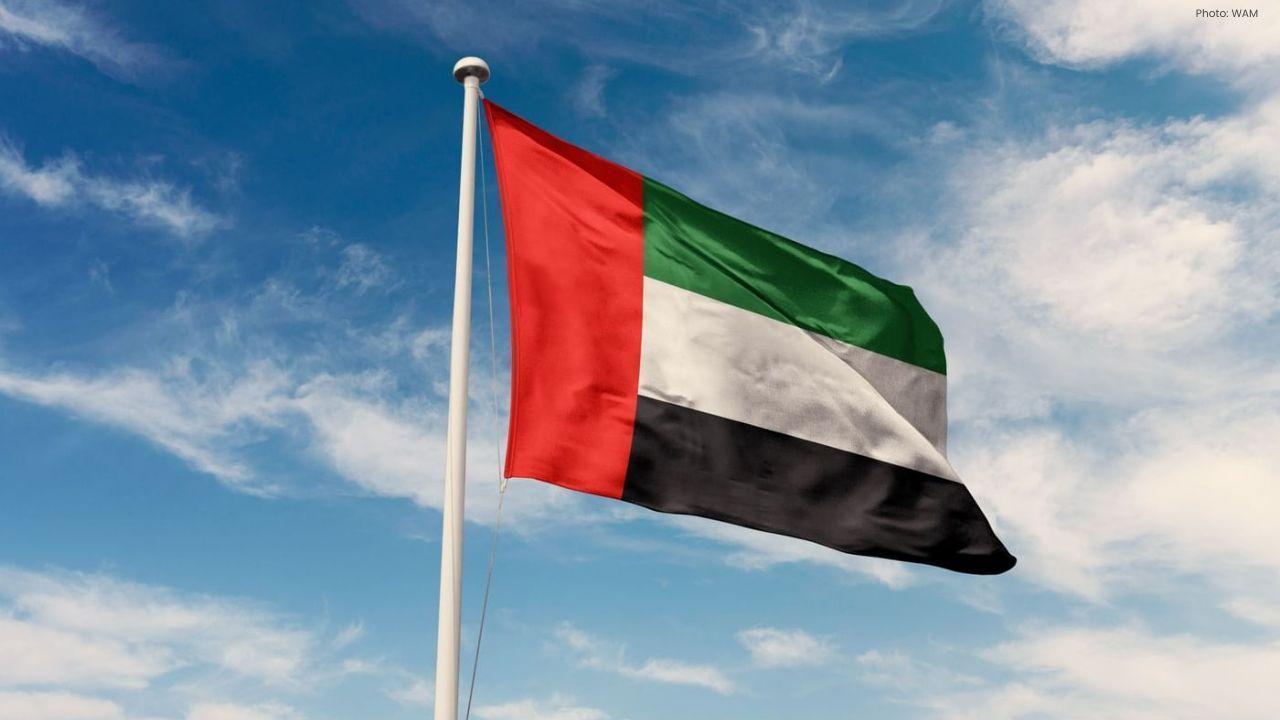
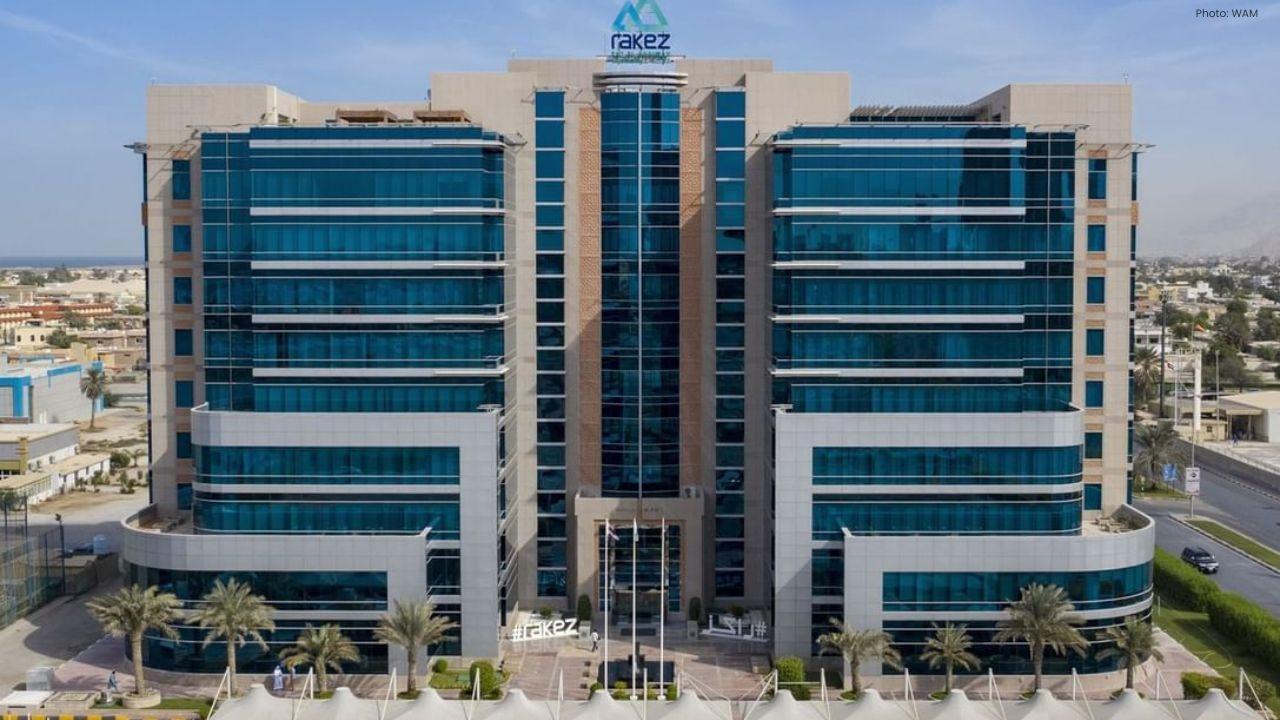
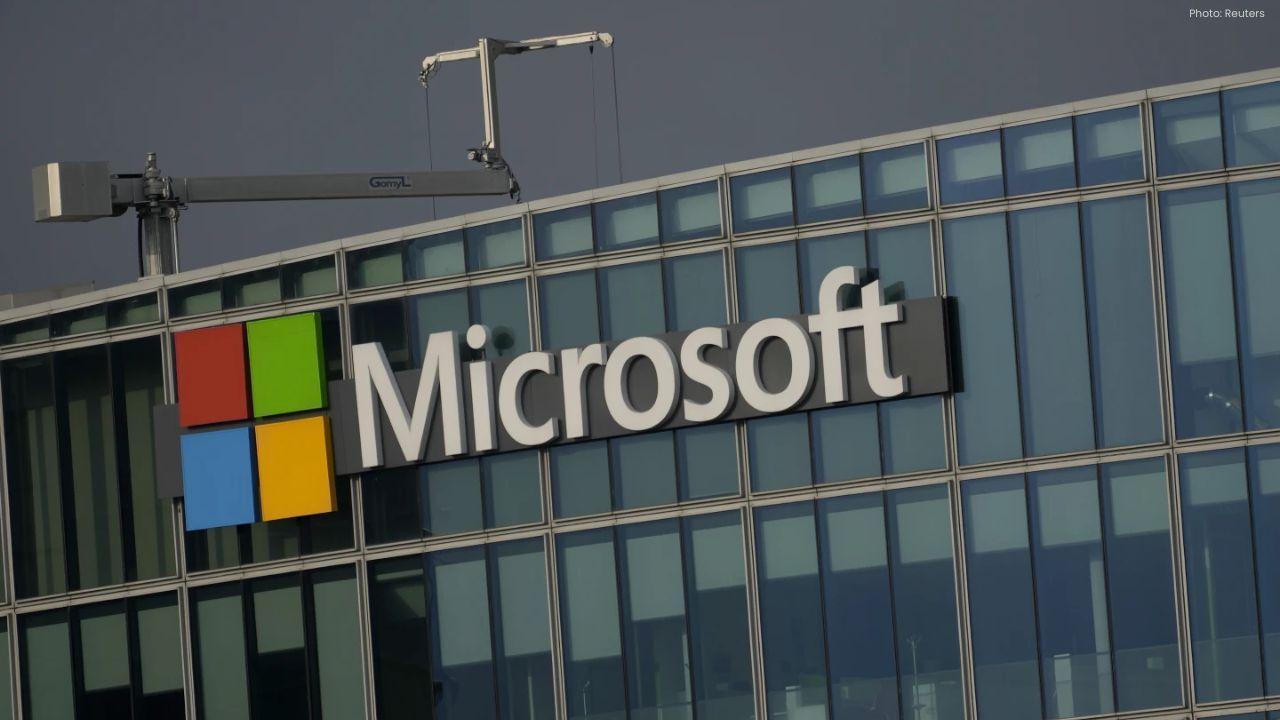
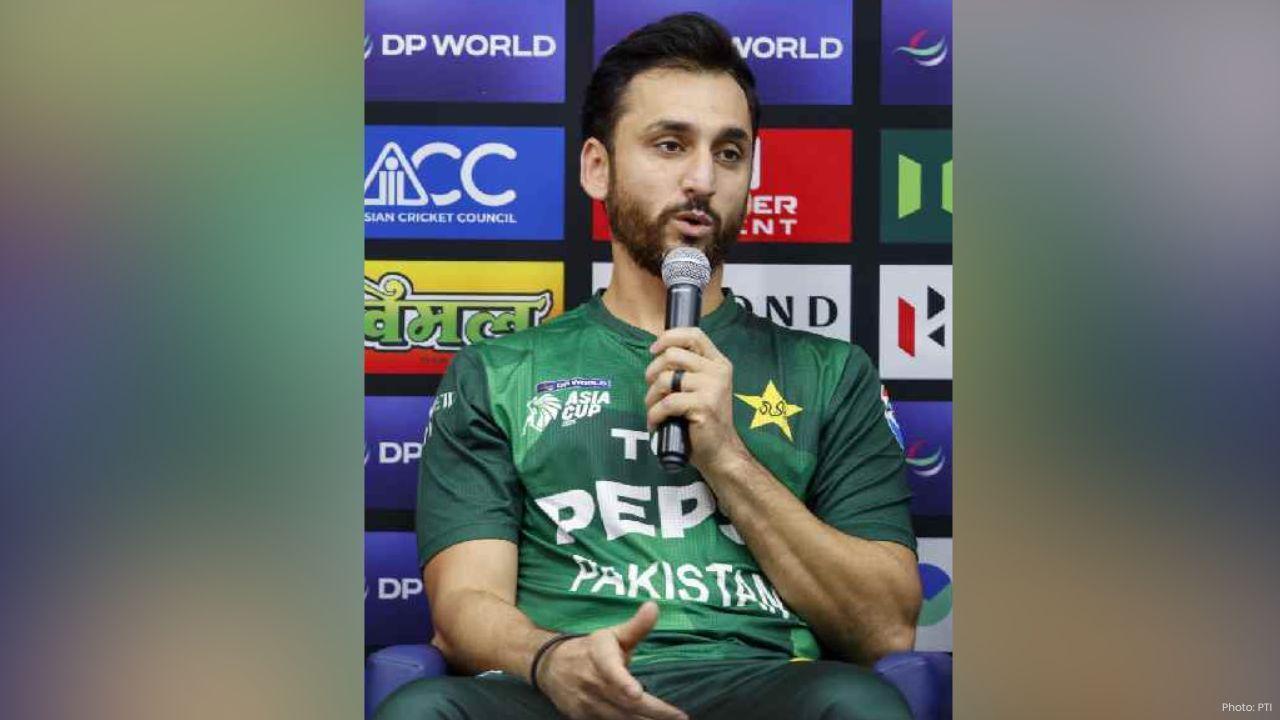
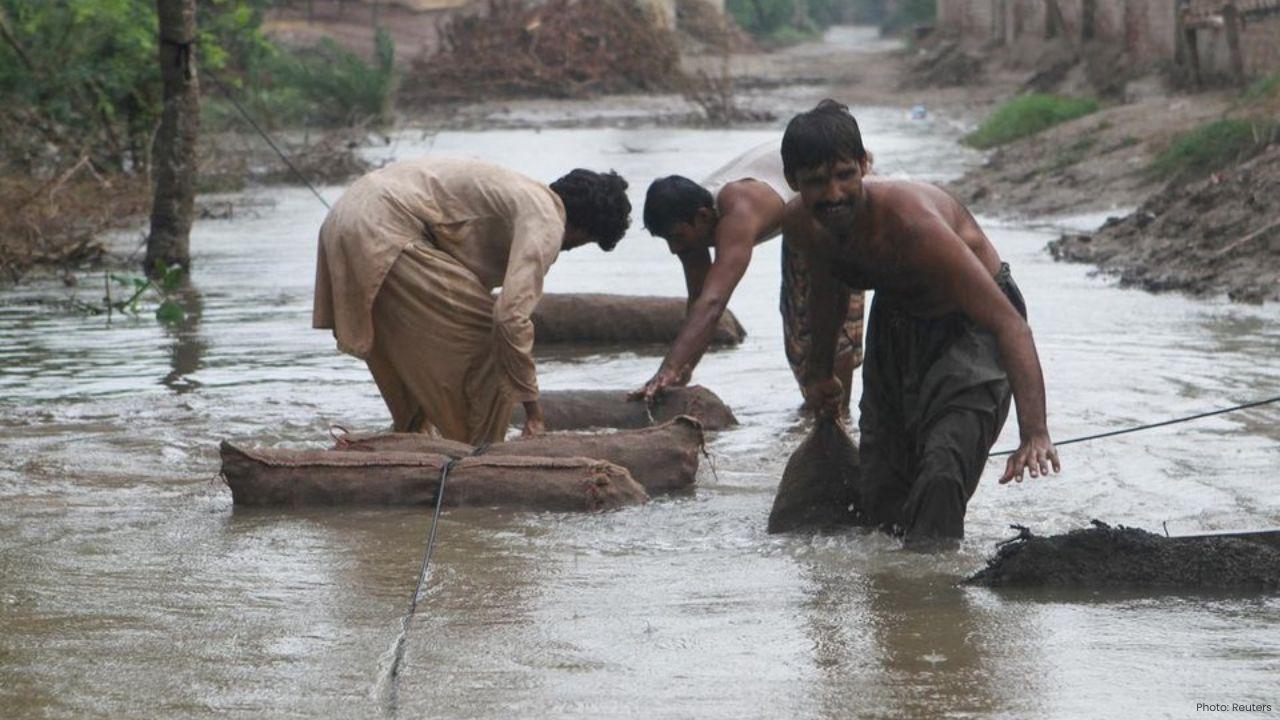

Three Injured After Ceiling Collapse At Liat Towers Singapore
Three people were injured after a ceiling collapsed at Liat Towers, Singapore. Eyewitnesses helped v

US Authorities Arrest Suspect In Charlie Kirk Shooting Case
US President Trump confirms suspect in Charlie Kirk shooting has been arrested after a minister turn

EU Regulators Approve Microsoft Teams Changes To End Antitrust Case
Microsoft Teams update, EU antitrust decision, Office software changes, competition rules compliance

Pakistan Prepares To Face Oman In Asia Cup Before India Clash
Pakistan prepares for Asia Cup opener against Oman, aiming for a strong start and building confidenc

Rescue Boat Capsizes in Pakistan Floods, 9 Dead in Multan
A rescue boat capsized during flood relief in Multan, Pakistan, killing nine. Floods affect millions
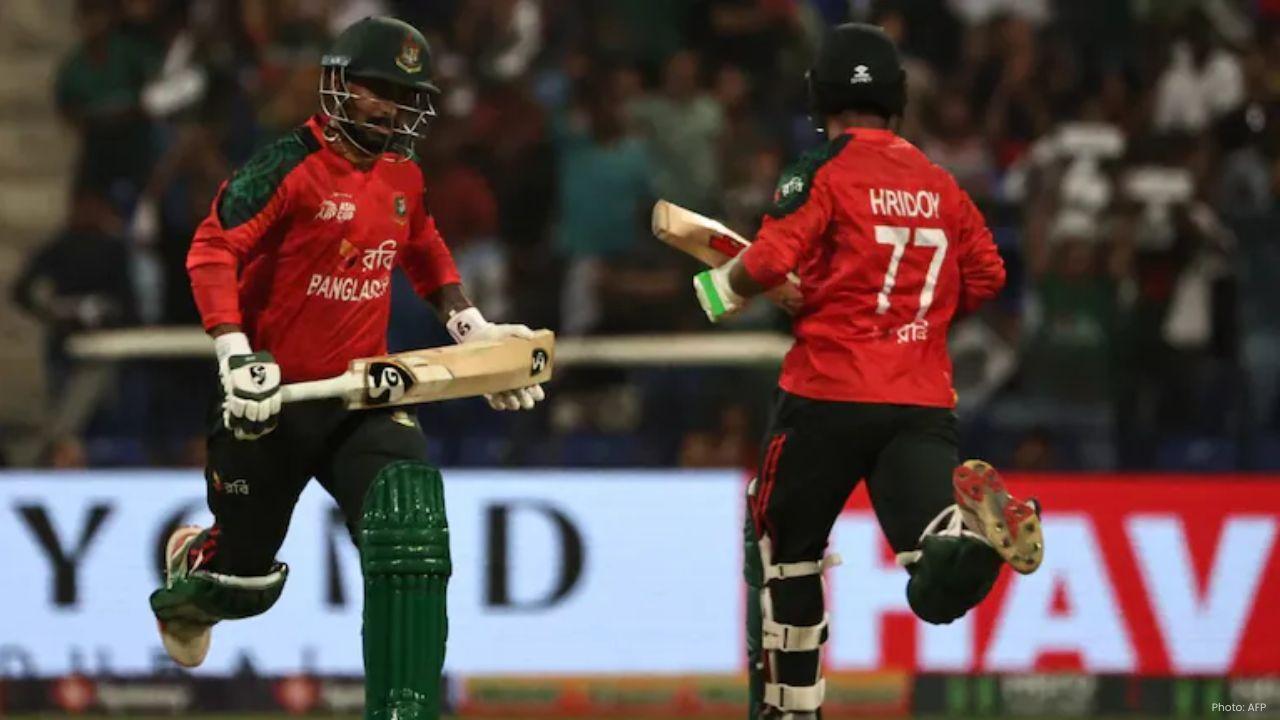
Bangladesh Beat Hong Kong In Asia Cup Opener With Litton’s 59
Bangladesh began their Asia Cup with a win against Hong Kong. Litton Das scored 59 and Hridoy added